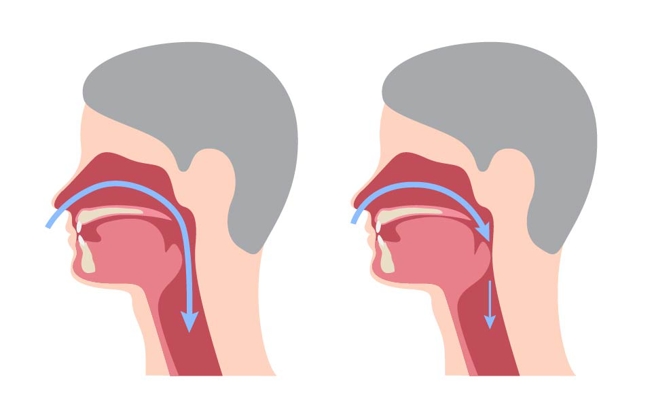Testicular Cancer: Everything Men Should Know
- Category: Cancer, Oncology, Parrish Cancer Center
- Posted On:
- Written By: Parrish Healthcare
[1].jpg)
Know the Risk Factors
A direct cause for the condition has yet to be determined, however, several factors can play a role in the development of testicular cancer, such as:
- Family medical history
- Previous diagnosis of testicular cancer
- Infection with HIV/AIDS
- Age (between 15 and 34 years old)
- Smoking
- Cryptorchidism (undescended testicle)
- Race (White men are more likely to be diagnosed)
- Infertility diseases (Klinefelter syndrome)
Symptoms of Testicular Cancer
Signs and symptoms of testicular cancer may not be prevalent. Listening to your body and paying attention to the following symptoms that may have suddenly occurred can aid in early detection:
- Lump development in the testicle
- Heavy feeling in the scrotum (the organ that houses the testicles)
- Pain in the testis, scrotum, chest, lower back, or abdomen
- Enlarged lymph nodes
- Enlargement of the breast tissues
- Shortness of breath
- Severe headaches
The Importance of Testicular Exams
While there is no way to prevent testicular cancer 100 percent, regular self-exams can assist with early detection. Regular testicular self-exams can help you remain aware of any changes and help you detect any potential testicular issues. In addition to self-exams, discuss with your doctor your concerns about testicular cancer during your regular check-up visits. Keeping an open dialogue with your doctor can help you make smart choices when it comes to your testicular health.
If you would like to find out more information about testicular cancer prevention and treatment, Parrish Cancer Center | Parrish Healthcare can help. Our team of highly skilled oncologists and cancer care staff will provide you with information about testicular cancer care and treatment options. Contact the Parrish Cancer Center to set up an appointment today at 321-529-6202.



